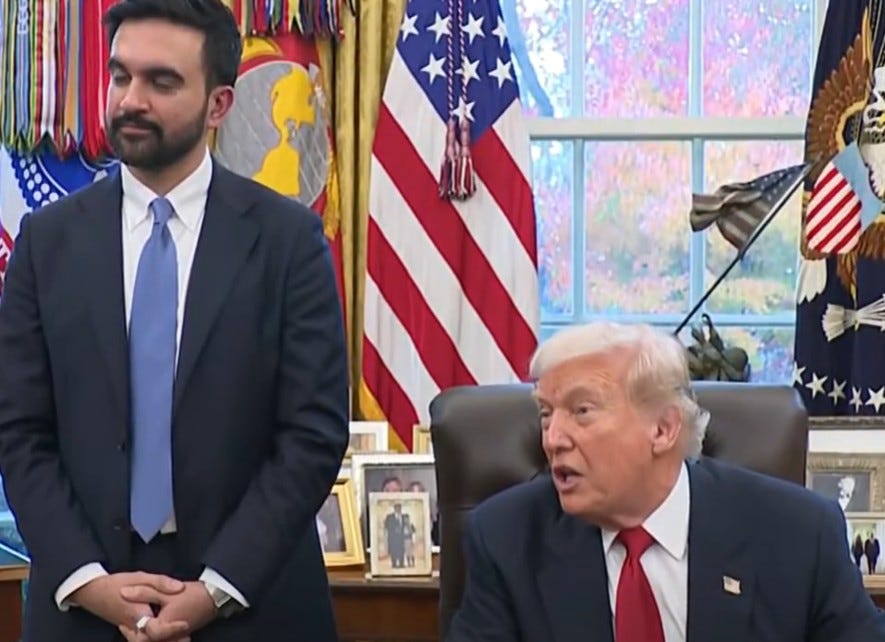A powerful new wave of sanctions against Russia hangs in the balance, poised to strike at the heart of the Kremlin’s financial resources and its ability to wage war. Yet, despite broad bipartisan support, the path to implementation is riddled with procedural obstacles and shifting political currents.
Senators Lindsey Graham and Richard Blumenthal have spearheaded the effort, crafting a sanctions package designed to cripple Russia’s energy trade and choke off the funds fueling its military campaign. The legislation has garnered over 80 co-sponsors, signaling a rare moment of unity in a deeply divided Congress.
For months, progress stalled as the White House navigated delicate peace negotiations between Russia and Ukraine. However, a recent shift in the President’s stance has injected new urgency into the process, with a direct appeal to Senate leadership to move the bill forward.
According to Senator Graham, the President, during a weekend golf outing, explicitly instructed Senate Majority Leader John Thune to “move the bill.” The message was clear: sanctions are now viewed as a crucial leverage point in ongoing diplomatic efforts.
The logic is stark. Without the credible threat of continued economic pressure, there’s little incentive for Vladimir Putin to engage in meaningful negotiations. The sanctions are intended to demonstrate unwavering support for Ukraine and punish those who profit from Russia’s aggression.
However, a surprising complication has emerged regarding where the legislation should originate. While Graham and Blumenthal focused their efforts in the Senate, Senator Thune suggests the House of Representatives might be a faster route to the President’s desk.
The reason lies in the nature of the bill itself. As a potential revenue measure, it traditionally begins in the House. Thune believes originating the legislation there would expedite its passage, avoiding a potentially lengthy process in the Senate.
This suggestion caught House Speaker Mike Johnson off guard. He had been led to believe the Senate would take the lead, sending a completed package to the House for approval. Johnson cautioned that starting the process in the House would be “a much more laborious, lengthy process.”
The House legislative process involves navigating seven different committees, each with potential jurisdiction over aspects of the bill. Securing waivers from these committees, even with the Speaker’s support, is far from guaranteed.
Even if the House were to take the lead, the Senate isn’t free from potential roadblocks. The original version of the bill has been stalled in the Senate Banking Committee since April, awaiting consideration and a potential floor vote.
Despite these hurdles, a sense of cautious optimism prevails. Both Graham and Blumenthal have been quietly refining the legislation, working to align it with the White House’s evolving priorities. Details of these adjustments remain closely guarded.
Recent actions by the President, including sanctions against two major Russian oil companies, suggest a willingness to take a firm stance. Senator Blumenthal believes these moves indicate the President is “in the right frame of mind” as the final details of the sanctions package are hammered out.
The coming days will be critical. The fate of this powerful sanctions package, and potentially the trajectory of the conflict in Ukraine, hinges on navigating a complex web of political maneuvering and procedural challenges.






